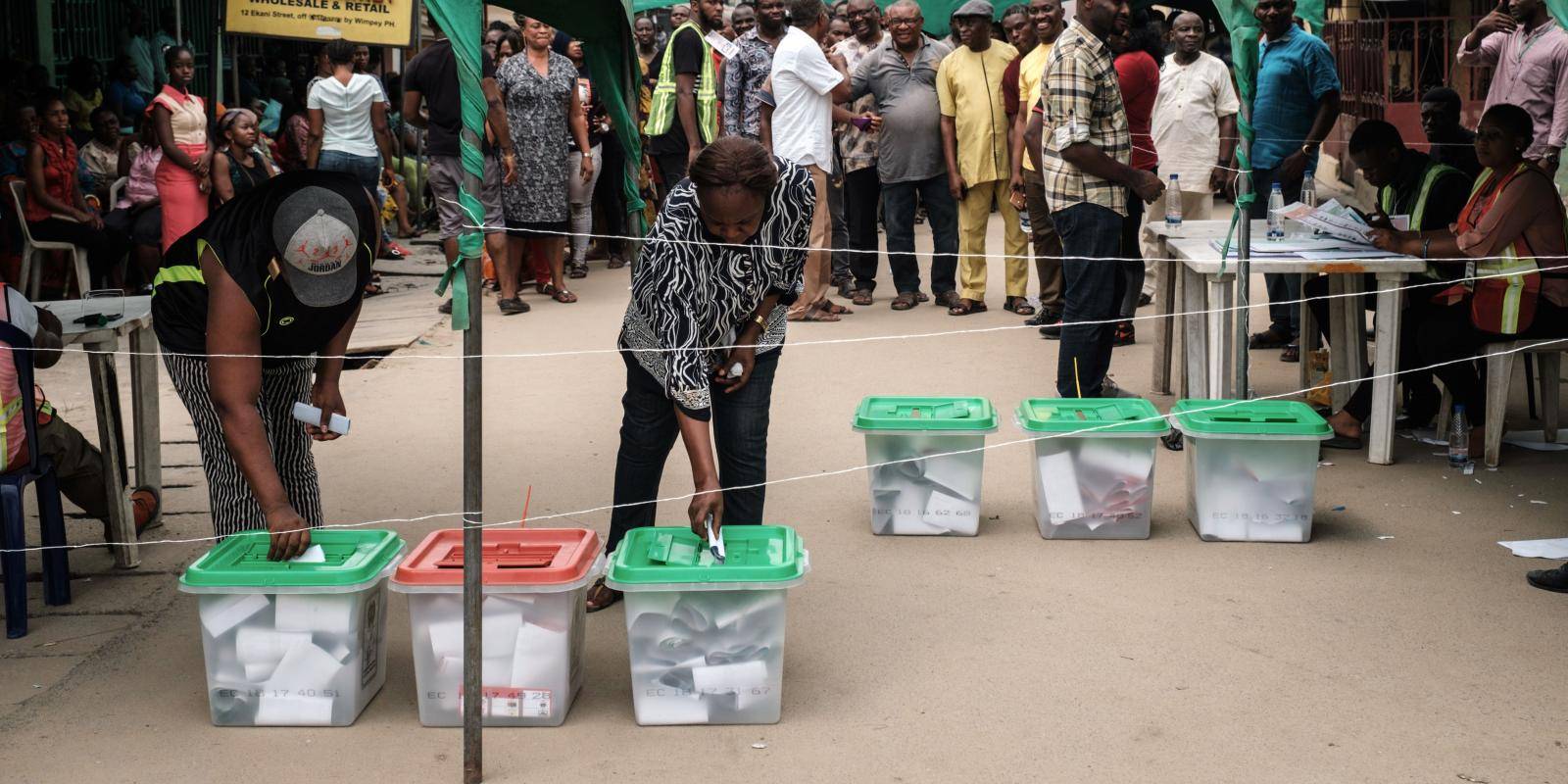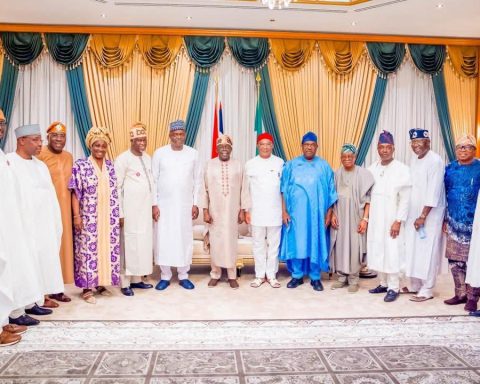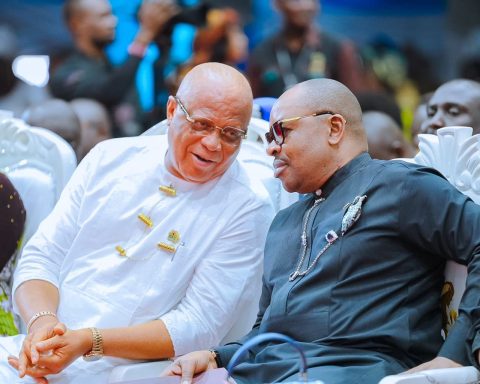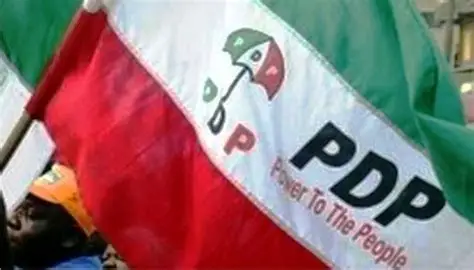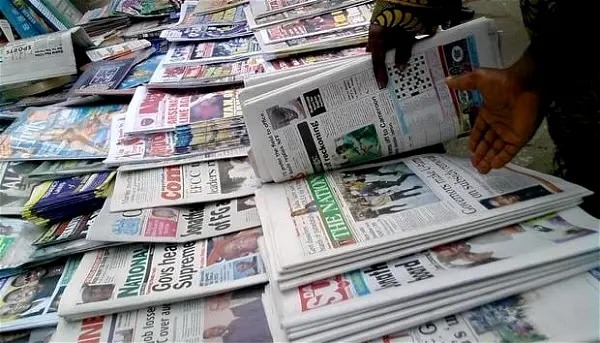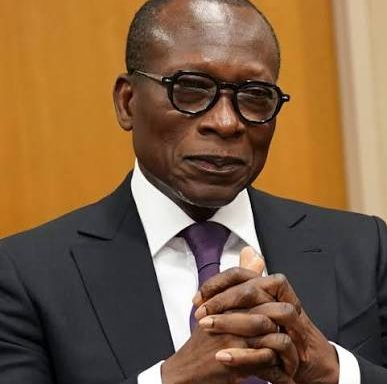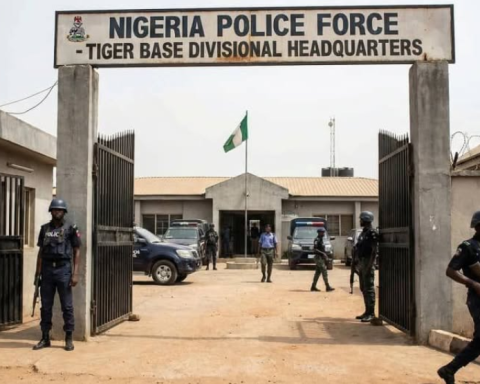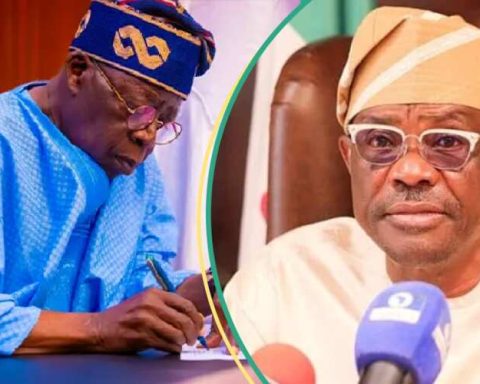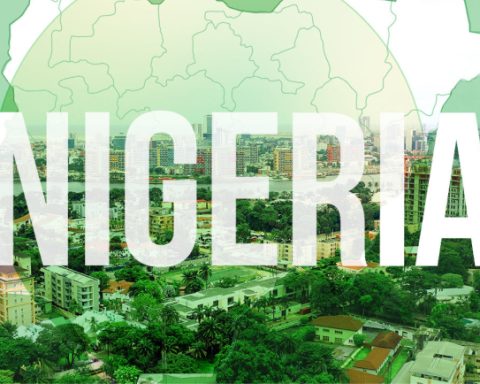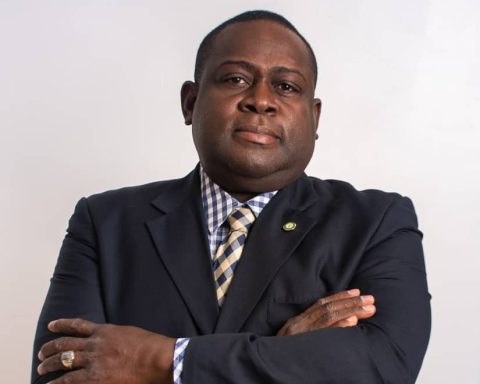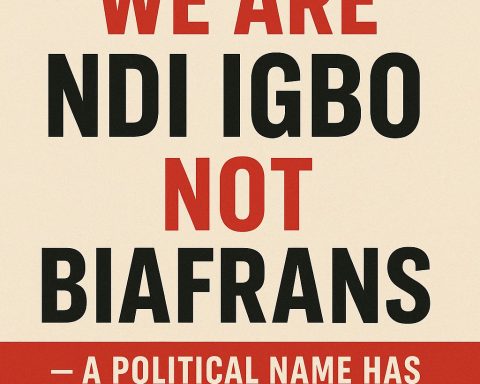In recent off-cycle elections, ruling parties have kept one attitude constant. They consistently win every available position. At times, as it happened in Rivers State, and, probably, Abia State, the governor advises local election contestants to move to a new political party, and within days of going over to a new platform, they all become flag bearers and election winners.
As expected, the November 16 Ondo governorship election was characterized by significant voter apathy, vote buying, and ballot snatching. And indeed it was an incontestable victory for APC’s second term-seeking Lucky Aiyedatiwa, who won in all the 18 local governments of the state. Instances of vote buying were reportedly prevalent, raising concerns about the integrity and security of the electoral process. An interesting example is the testimony of an elderly woman who spoke to TVC after casting her vote. “Everything was smooth,; I have voted and collected my money,” she told the reporter at the poling unit while waiting for the votes to be counted.
Join our WhatsApp ChannelIn recent months, we have also seen examples of this trend across various states. In July 2024, Ebonyi State held local government elections where the All Progressives Congress (APC) won all 13 chairmanship and 171 councillorship seats. The following month, in August 2024, Bauchi State’s elections saw the People’s Democratic Party (PDP) secure all 20 chairmanship positions. Later that same month, Kebbi State’s polls resulted in the APC winning all 21 chairmanship and 225 councillorship seats. I deliberately would not mention Edo State where interestingly the APC won the governorship election against an incumbent PDP governor -backed candidate.
The pattern continued into September 2024, with Kwara, Imo, Enugu, and Sokoto states all holding elections. In each case, the ruling party at the state level swept the polls. Kwara and Imo saw the APC win all positions, while in Enugu, the PDP emerged victorious across board. Sokoto’s elections also resulted in a clean sweep for the APC. Of course, the recent Ogun council election was done the same day with Ondo guber. As expected, the ruling APC swept the polls.
This trend is facilitated by several factors, including state governments’ control over local electoral bodies, resource advantages enjoyed by ruling parties, and often voter apathy in local elections etcetera.
Another significant challenge is the continued menace of thugs
This issue was particularly evident during the 2023 general elections and continues to impact local government polls across various states. Reports of thuggery and violence disrupted the electoral process, creating an atmosphere of fear among voters. One notable incident involved Jennifer Seifegha, who was attacked by thugs at the Nuru/Oniwo Ward, Polling Unit 065, in Surulere, Lagos while waiting to vote. Such incidents highlight the pervasive nature of electoral violence and its detrimental effects on voter participation.
The impact of thuggery also extends beyond individual incidents, affecting the overall integrity of elections. Common tactics employed by thugs include voter intimidation, where they threaten and scare voters at polling stations; ballot box snatching, which involves forcibly taking away ballot boxes to destroy or manipulate votes; and destruction of election materials, targeting and destroying voting materials to disrupt the process. Sadly, thugs create chaos at polling units, causing disturbances that make voting difficult or impossible.
In addition is the use of security forces to aid the interests of the powerful, especially the ruling class. Despite the deployment of large numbers of security personnel during elections, the problem persists. For instance, reports showed that in the November 2023 off-cycle elections approximately 92,565 police officers were deployed alongside military personnel. However, this heavy security presence did not fully prevent electoral violence and in some cases was perceived as intimidating to voters.
Where security forces end, the judiciary finishes off
It has also been a trend in Nigeria where political leaders are mimicked when they say “If you are not satisfied with the result, go to court.” People believe they (the executives) are saying that because they are indirectly controlling the Nigerian judiciary; thus rulings will always favour them. The rejection of court rulings regarding the 2023 Nigerian elections reflects widespread discontent among the populace. Many citizens viewed the judiciary’s decisions as biased and influenced by political interests.
For instance, after the presidential election results were announced protests erupted across various states with demonstrators expressing anger over perceived injustices in the judicial process. Social media platforms were flooded with hashtags like #NigeriaDecides2023 and #RejectTheJudiciary indicating public dissent against court rulings that upheld controversial election outcomes.
Citizens felt that the judiciary failed to address electoral malpractices such as voter intimidation and ballot box snatching which were rampant during the elections. This sentiment was echoed by civil society organisations that criticised the courts for not providing adequate justice and accountability for electoral offenses.
The Consequence is Worsening Voter Apathy
Perceived electoral malpractices and biased judicial decisions in Nigeria contribute significantly to voter apathy. Following the 2023 general elections in Nigeria, low voter turnout continued particularly during the governorship elections held on March 18, 2023. Despite having about 71.5 million eligible voters across 28 states only about 22.3 million people participated resulting in a turnout rate of just 31%. This decline in voter participation was largely attributed to perceived violence and electoral malpractices during earlier presidential and National Assembly elections which discouraged many citizens from engaging in subsequent polls.
Turnout varied significantly across states; Jigawa State recorded a high of 45% while Lagos—with the largest number of eligible voters, saw only a 19% turnout. Rivers State had the lowest participation at just 15%. Idayat Hassan, director of the Centre for Democracy and Development (CDD) said that “The failure of democracy to deliver development has made many lose interest in participating in elections,” adding that “violence and voter suppression also played a huge role in diminishing voter turnout.” Leena Hoffmann an associate fellow at Chatham House echoed these sentiments emphasising that dwindling voter numbers reflect a political system that excludes rather than includes citizens. She noted that a significant percentage of Nigerians failing to engage in elections points to growing disillusionment with their ability to shape a more democratic society.
*What Must Be Done to Make Democracy and Good Government Work*
To address these challenges, experts, recommend comprehensive electoral reforms strengthening democratic institutions improving security during elections, and investing in civic education programmes to restore public trust in electoral processes. To implement necessary actions for strengthening democracy and improving governance in Nigeria several key stakeholders must be involved.
Government institutions must play a critical role with the Independent National Electoral Commission (INEC) leading electoral reforms to ensure fair and transparent elections.
The independent media has a vital role in promoting transparency investigating corruption and educating the public about democratic processes. International partners such as USAID and Westminster Foundation for Democracy should continue supporting Nigerian institutions and civil society in strengthening democratic processes.
Finally, citizens themselves must actively participate in democratic processes by holding leaders accountable for engaging in civic education initiatives.
Dr Mbamalu is a Jefferson Fellow, member of the Nigerian Guild of Editors (NGE), communications/Media Consultant and Publisher, Prime Business Africa
Email: marcelmbamalu2@gmail.com
+2348094000017
Dr. Marcel Mbamalu is a distinguished communication scholar, journalist, and entrepreneur with three decades of experience in the media industry. He holds a Ph.D. in Mass Communication from the University of Nigeria, Nsukka, and serves as the publisher of Prime Business Africa, a renowned multimedia news platform catering to Nigeria and Africa's socio-economic needs.
Dr. Mbamalu's journalism career spans over two decades, during which he honed his skills at The Guardian Newspaper, rising to the position of senior editor. Notably, between 2018 and 2023, he collaborated with the World Health Organization (WHO) in Northeast Nigeria, training senior journalists on conflict reporting and health journalism.
Dr. Mbamalu's expertise has earned him international recognition. He was the sole African representative at the 2023 Jefferson Fellowship program, participating in a study tour of the United States and Asia (Japan and Hong Kong) on inclusion, income gaps, and migration issues.
In 2020, he was part of a global media team that covered the United States presidential election.
Dr. Mbamalu has attended prestigious media trainings, including the Bloomberg Financial Journalism Training and the Reuters/AfDB Training on "Effective Coverage of Infrastructural Development in Africa."
As a columnist for The Punch Newspaper, with insightful articles published in other prominent Nigerian dailies, including ThisDay, Leadership, The Sun, and The Guardian, Dr. Mbamalu regularly provides in-depth analysis on socio-political and economic issues.


